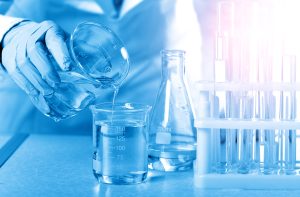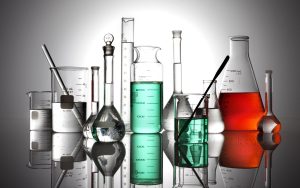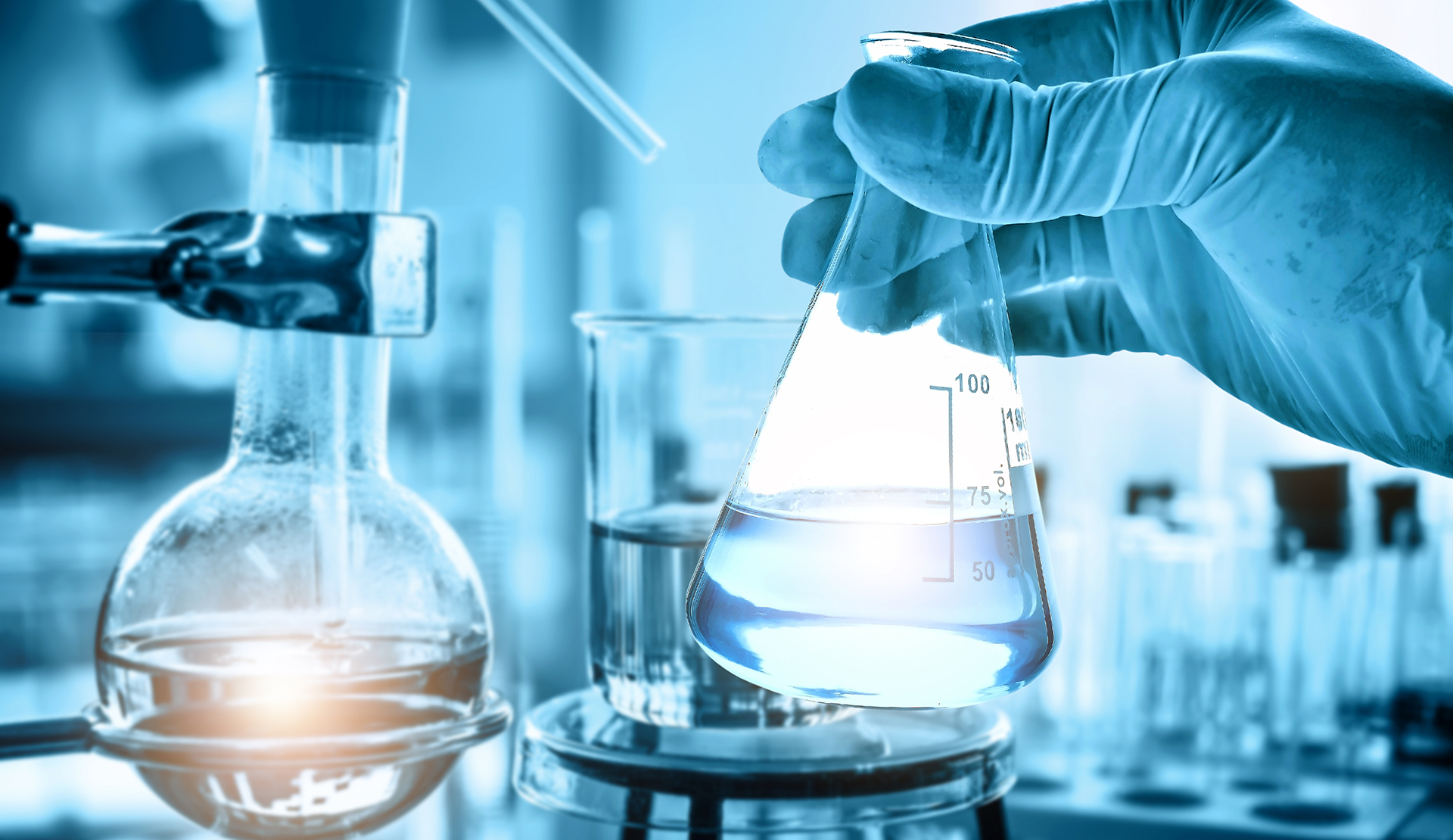Keep discovering.
Indus Pharma experience and expertise will enable you to take a molecule from bench to bedside.

- Safer, greener and more efficient processes
- Flexibility with reactors – static and dynamic
- Ability to handle complex chemistry
- Scale-up on ton scale
- Continuous manufacturing – reaction, work up, isolation
- Temperature: -20⁰C to +150⁰C
- Pressure: 100 bar
- Reactions handled: nitration, bromination, lithiation, alkylation, cyclopropanation
- Micellar chemistry
- Use of proprietary and commercially available surfectants
- Routine reactions with water as solvent
- Easy isolation of product by avoiding conventional work-up conditions
- Green and economically viable – biodegradable and recyclable surfectants
- Pincer catalysis
- Screening with Anthem’s proprietary and commercially available Pincer complexes
- Atom economical reductions of carbonyl compounds using molecular hydrogen as the reductant
- Apt solution for hydrogenation, dehydrogenation, aromatization of dihydro- heterocycles
- Better alternative to hazardous pyrophoric metal hydrides
- Ease of isolation avoiding excessive solid waste generation

- Design of novel chemical entities (NCEs) based on concepts of drug design and in collaboration with In silico Molecular Modelling Group
- Design and synthesis of novel chemical entities to identify hit, lead and optimized lead, with prior IPR evaluation
- Design of pharmaceutically acceptable salts, pro-drugs to improve solubility, bioavailability and efficacy
- Proprietary Natural Products inspired library (over 100,000 compounds) for target classes – protein kinases, proteases, GPCR, ion-channel, NHRs, phosphodiesterases, Ubiquitin/Proteasome etc.
- Biological profiling of the synthesized compounds based on in vivo in vitro, and pharmacokinetics data

- QbD based design and development of API’s – ICH Q9/Q11 – FMEA/Risk assessment
- Enhanced approach for development using statistical tools
- Synthetic route design – Novel, non-infringing, faster, safer and more economical
- Optimizing the process to have scalable and robust control strategy
- Process optimization focusing on optimum reaction conditions and reagent quantities, minimum cycle time, maximum concentrations and telescoping of steps
- CMC and DMF support
- Synthesis of high potent APIs (HP APIs) – upto OEB 5
- Toxin, linker – toxin conjugates and ADCs
- Peptide synthesis – upto 40 amino acids
- PEG, Gal-NAc, steroid conjugated and phospholipids
Facilities
Analytical
- • HPLC – UV, PDA, ELSD, CAD & RI detectors
- • GCMS, HSGC, LCMS, UPLC-MS
- • DSC & TGA
- • IC, pXRD, Particle Size Analyzer
- • NMR, FT – IR
- • ICP MS/OES
- • KF autotitrator, coulometer
- • DAC purification system
R & D
- • 220 Fume Hoods
- • Parallel reactors
- • 1– 5 L jacketed Glass Lined Reactors
- • Lyophilizer & VTDs
- • Pilot scale Biotage Purification Systems
- • CombiFlash Purification Systems
Kilo/Pilot
- • Overall capacity: 30kL
- • Maximum batch size: 75kg
- • Reactor capacity: 5L – 3000L
- • Temperature: -100⁰C to +150⁰C
- • Clean rooms – 3
- • VTDs, RCVDs
- • Milling – Jet, multi & wet mill
- • Small Scale Column Chromatography: 250kg
Commercial
- • Overall capacity: 150 kL
- • Maximum batch size: 300kg
- • Reactor capacity: 300L – 10,000L
- • Temperature: -100⁰C to +250⁰C
- • Clean rooms – 5
- • VTDs, RCVDs, RPDs
- • Milling – Jet, multi & cone mill
- • Large Scale Column Chromatography upto 1500kg

